The global challenge that COVID-19 imposed in our lives in 2020 was completely unexpected (for most people worldwide), almost everyone has been affected in any or another way. However, as the same proportion of the challenge is the proportion of opportunities, that, plus an unshakable will, has promoted remarkable successes and improvement in diverse areas in a brief time.
This is my fourth annual letter, and similar to in the previous years, my aim is to present what we did in 2020, as a perfect excuse to say thanks to many who worked hard with us, and to present our plans for 2021, with the hope to inspire more people to work with us and inspire our team to move forward with passion.
Please, join me in this adventure.
Publications
Regardless of the enormous difficulties and distractors that 2020 imposed, I am immensely proud to share the amount of high-quality research that was produced with exceptional teams. Here is the front page of the twelve publications that I was involved in this year:
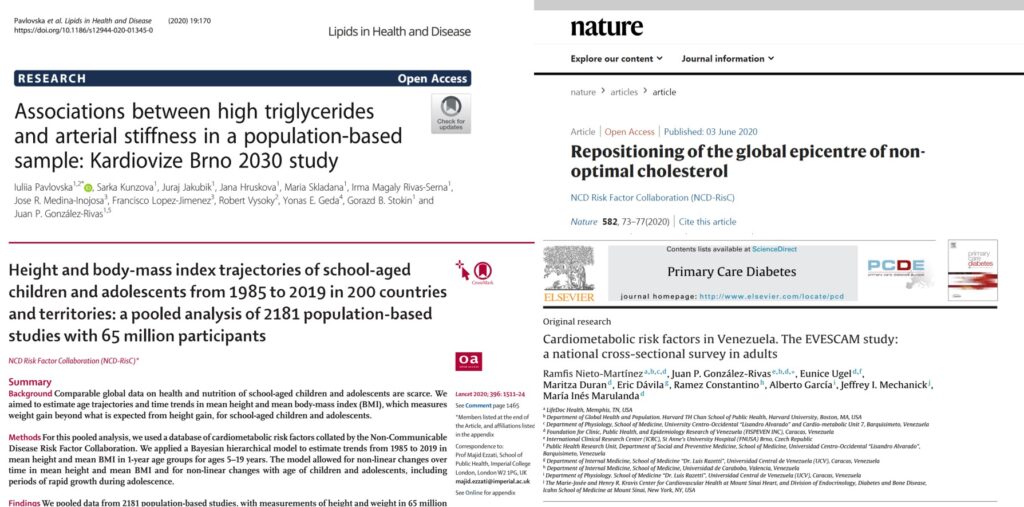
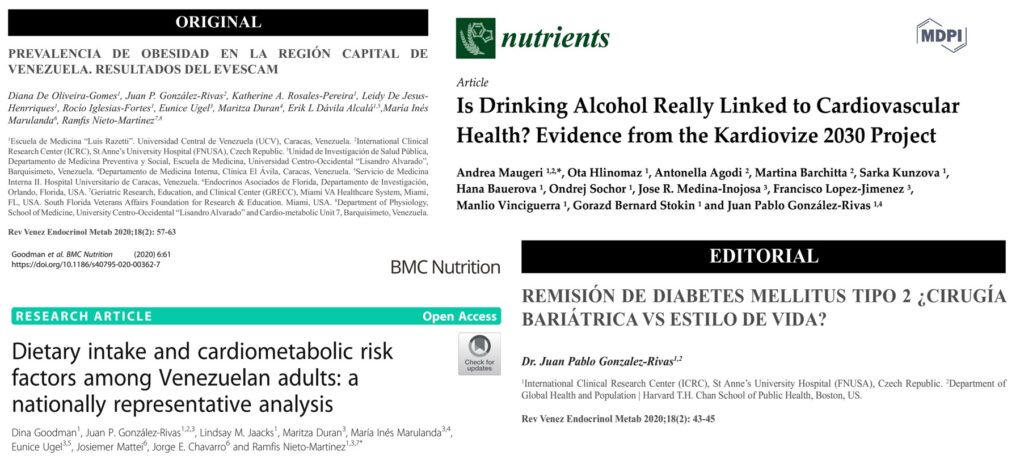
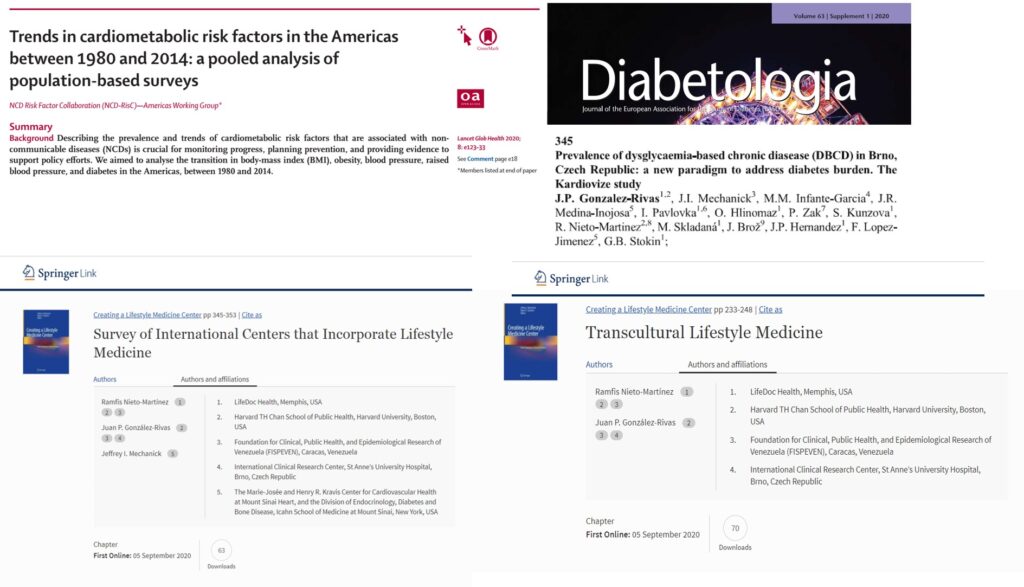
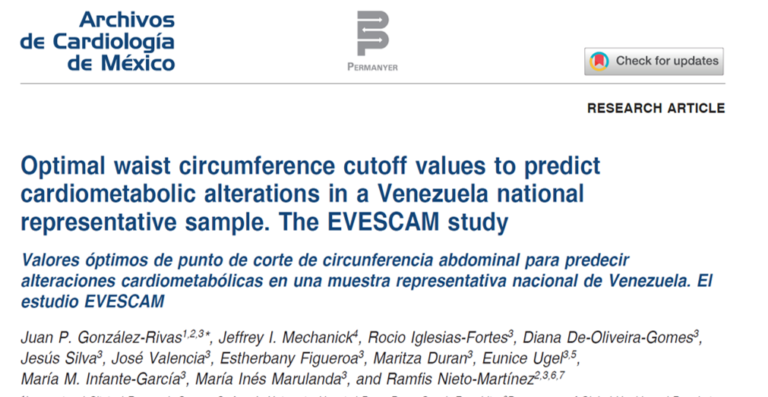
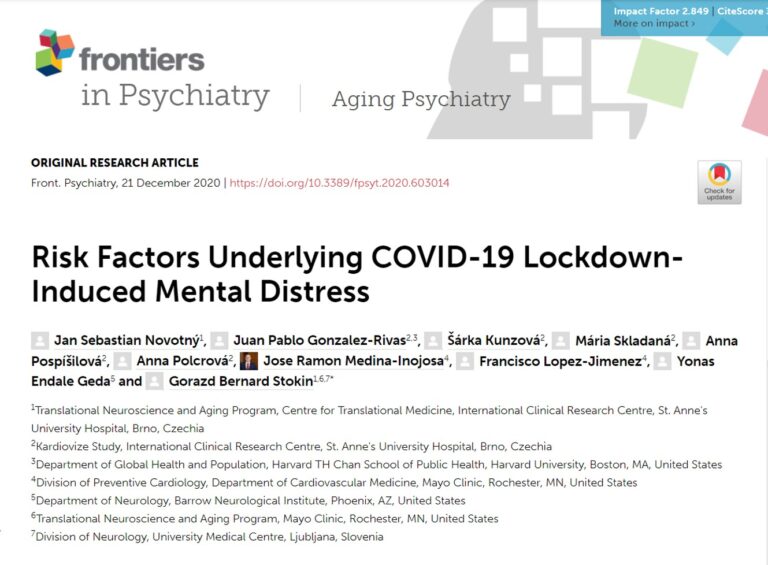
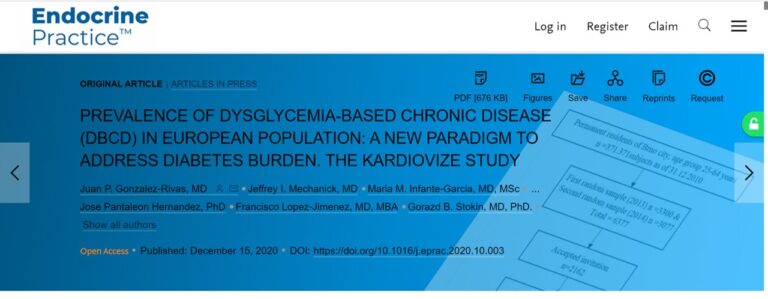
These fifteen publications included eleven original papers, one editorial letter, one poster in an international conference, and two book chapters. I am especially proud of presenting the general results of the EVESCAM study. This is the first nationally representative sample results from Venezuela that reported diverse cardiometabolic risk factors. This is a major contribution to the country and was done thanks to the participation of more than 300 collaborators, but especially, to the leading abilities and perseverance of Ramfis Nieto, Maria Ines Marulanda, Maritza Dura, and Eunice Ugel, an extraordinary team. I am also proud to collaborate with two rising stars, two extremely talented and beautiful PhD students, Dina Goodman from the Harvard School of Public Health, and Iuliia Pavlovska from the Public Health School of Masaryk University.
Papers Currently Submitted
I thanks all who contributed to these papers and those that are coming in 2021.
List of papers submitted:
1. Book Chapter: Status ACCEPTED.
Cardiometabolic-based Chronic Disease: A New Framework for Early and Sustainable Preventive Care.
Ramfis Nieto-Martinez, Juan Pablo Gonzalez-Rivas, Jeffrey I Mechanick.
2. Journal: Cadernos de Saúde Pública/Reports in Public Health. Status Under review.
Roles for Community Health Workers in Diabetes Prevention and Management in Low- and Middle-Income Countries.
Masih A. Babagoli BA, Ramfis Nieto-Martínez, Juan P. González-Rivas, Kavita Sivaramakrishnan, Jeffrey I. Mechanick.
3. Journal: Obesity and Clinical Practice. Status under Review
Prevalence of Adiposity-Based Chronic Disease in European Adults from the Czech Republic. The Kardiovize Study.
Juan P. Gonzalez-Rivas, Jeffrey I. Mechanick, José Pantaleón Hernandez, María M Infante-Garcia, Iuliia Pavlovska, José R. Medina-Inojosa, Sarka Kunzova, Ramfis Nieto-Martinez, Jan Brož, Luca Busetto, Geraldo A Maranhao Neto, Francisco Lopez-Jimenez, Jana Urbanová, Gorazd B Stokin
4. Journal: Endocrine Practice. Status under Review.
Arterial Stiffness in the Cardio-Metabolic Based Chronic Disease Spectrum. The Kardiovize Study
Iuliia Pavlovska, Jeffrey I. Mechanick, Geraldo A. Maranhao Neto, Maria M. Infante-Garcia, Ramfis Nieto-Martinez, Sarka Kunzova, Anna Polcrova, Robert Vysoky, Jose R. Medina-Inojosa, Francisco Lopez-Jimenez, Gorazd B. Stokin, Juan P. González-Rivas.
5. Journal: Primary Care of Diabetes. Status under review.
Effect of Metformin on Relative Body Mass Index (RBMI) in Youth with High Risk for Obesity in the Context of Dysglycemia: Pilot analysis of a 1-Year Pragmatic Intervention
Ramfis Nieto-Martínez, Juan P. González-Rivas, Claudia Neira, Andrés Velásquez-Rodríguez, Eunice Ugel, Jeffrey I. Mechanick and Pedro A. Velásquez-Mieyer.
6. Journal: Clínica e Investigación en Arteriosclerosis. Status under review.
Epidemiology of the Cardiometabolic Risk Factors in Venezuela. An Update of Evidence
Juan P. González-Rivas, Jeffrey I. Mechanick, Carlos Ponte, Rocío Iglesias, Diana de Oliveira, Livia Machado, Maritza Duran, María Inés Marulanda, Ramfis Nieto-Martín.
From this list, I must highlight, thank, and recognized the arduous work, perseverance, and evolution of five young researchers that did an outstanding job: Sebastian Novotný, Maria M Infante, Rocio Iglesias, Anna Polcrova, and Diana de Oliveiras. Their energy pushing their projects is inspiring all the teams.
Grants Submitted
2020 was also the year of submission of a respectable number of Grant Opportunities. I had the opportunity to collaborate with an extraordinary group of people to take a shot for opportunities to create more high-quality science. These were the Grants Submitted in 2020:
1- Prevalence of novel tobacco products use in young adults of the Czech Republic – Cross-sectional mix survey in the population of high schools and university students in Brno
Applicants: Šárka Kunzová & Maria Skladana & Juan Pablo González Rivas
Aims:
- To determine the prevalence of consumption of the novel tobacco products (HTPs, e-cigarettes, and others), regular cigarettes, and other traditional tobacco products in young adults (age 18-22) – students at high schools and universities in Brno city, Czech Republic.
- To determine the patterns of tobacco use and changes in smoking status related to the use of novel tobacco products.
- To investigate perceptions and beliefs associated with novel tobacco products marketing and use in this specific population group, using qualitative evaluation methods.
Funding Agency: AZV
Total requested funding: 4,726,250 Czech korunas.
2- Children’s Afterschool Intervention Program for The Promotion of Desirable Health and Nutrition Behavior.
Applicants: Anna Polcrova & Iuliia Pavlovska & Juan Pablo Gonzalez Rivas
Aims:
- To adapt the content of Food and Fun afterschool program for the Czech population
- To implement a pilot evaluation of the program in afterschool centers, during the school year 2022-2023
- To evaluate the implementation process of the program
- To evaluate the change in the diet composition and physical activity habits and anthropometric measurements
Funding Agency: AZV
Total requested funding: 6,619,625 – Czech koruna.
3- Hybridized Three Steps (HITS) Intervention for Diabetes Prevention and Remission. The HITS DIABETES program (Multi-country intervention including Czechia, Spain, and France)
Applicants: Juan Pablo Gonzalez Rivas & Didac Mauricio & Patrick Ritz & Jan Broz & Josep Franch-Nadal
Aims:
- Transcultural adaptation to three European populations an LSI program focused on an intensive weight reduction of patients with overweight/obesity with or without prediabetes/T2D named HITS DIABETES. This transcultural adaptation will be done using the transcultural Diabetes Nutrition Algorithm process and will produce an adapted algorithm of diagnoses, a path of management, and a culturally tailored core/curriculum program.
- To evaluate the implementation process of the HITS DIABETES program using the Framework for Implementation, in a multi-center pilot study with six months of intervention.
Funding Agency: JPI ERA-Net HDHL-INTIMIC
Total requested funding (in euro’s): 536.385
4- Use of the Simple app and the Hearts package to improve the cascade of care for hypertension in Uganda. (International Project in Collaboration among Czechia, Kenya, and Uganda)
Applicants: Juan Pablo González Rivas & Bruce Twinamasiko & Charles Mondo & Shukri Mohamed.
Aims:
- To coordinate workshops to adapt the HEARTS package to Uganda and incorporate the use of mobile technology, the Simple app, to improve the registry and management of hypertension.
- To coordinate and support the implementation of a pilot intervention assessing the integration of the Simple app with the HEARTS package. This includes:
- Its evaluation in a demonstration site, Kisiizi Community, Uganda.
- Design an implementation plan, this will include strategies to improve health literacy and shortage of drugs
- Build capacity: training of medical doctors, nurses, and CHWs to use the HEARTS package and the Simple app.
- Evaluation of the implementation process and the effectiveness to control hypertension.
- To coordinate dissemination activities.
Funding Agency: Horizon 2020. Call: H2020-SC1-DTH-2018-2020
Total requested funding (in Euro’s): 1,723,587.50
5- Improving the Cascade of Care of Hypertension in Venezuela using the HEARTS package and the Simple app. Pilot Evaluation of Social Business Model in a Health Center of Venezuela.
Applicants: Ramfis Nieto-Martínez; Carlos Ponte; María M. Infante-García; Eunice Ugel; María Marulanda; Maritza Duran; Guillermo Terán-Ángel; José Medina-Inojosa; Juan Amaro; José Parejo; Héctor Ojeda-Casares; Khalili Davood; Marco Serrano; José Torres; Jesús López; Jeffrey Mechanick; Pedro José Quijada-Martínez; Juan Pablo González-Rivas.
Aims:
- To implement a pilot study, of a complex intervention, to improve the cascade of care for hypertension in an underserved population of Venezuela, the town of Timotes was selected. The intervention includes:
- To open a primary health center using a social business model, with a membership subscription of 10 USD annually, for members of the community. A health center equipped, but currently close, will be used. This saves most of the initial cost of construction, furniture, and equipment.
- To implement a home-based census of blood pressure to identify and registry all the subjects with hypertension in the population, implemented by CHWs, and using mobile technology, the app Simple.
- To implement the HEARTS package by CWHs and primary care physicians to improve health literacy and cardiometabolic risk factors management.
- To evaluate the implementation process of this intervention.
- To evaluate the change in the cascade of care of hypertension in the community.
Funding Agency: Bernard Lown Scholar Program, Harvard School of Public Health.
Total requested funding. 46.000 USD.
6- Improving the Cascade of Care of Hypertension in Venezuela using the HEARTS package and the Simple app. Pilot Evaluation of a Social Business Model in two Health Centers of Venezuela. The Venezuelan Hypertension Project.
Applicants: Juan Pablo Gonzalez-Rivas, Ramfis Nieto-Martinez, and the Venezuelan Hypertension Consortium.
Aims:
- To evaluate the implementation process of a social business model for 12 months in two health care centers using the implementation outcomes framework.
- To evaluate the change in the cascade of care of hypertension in the population around the health center.
Funding Agency: Links / Resolve to Save Lives, NY, US.
Total requested funding: 141.000 USD
I must thank the extensive list of collaborators in this 2020 journey of grants submitted, but I must do special emphasis to Jan Broz who proved to be a wonderful and resourceful partner in Czechia, and additionally, I want to give special honor to the Grant Support Center team, in my institution, ICRC-FNUSA, Petr, Jitka, and Petra, as well as Jana from the Budget department and Dominika from HR, for their amazing job and support.
Persevernace
We are waiting for the response of most of these grants and some of them have been already rejected. However, we strongly believe in the ideas that we are working on, and I am a true believer in Ray Dalio’s Learning Loop (Figure obtained from his book Principles – Highly recommended).
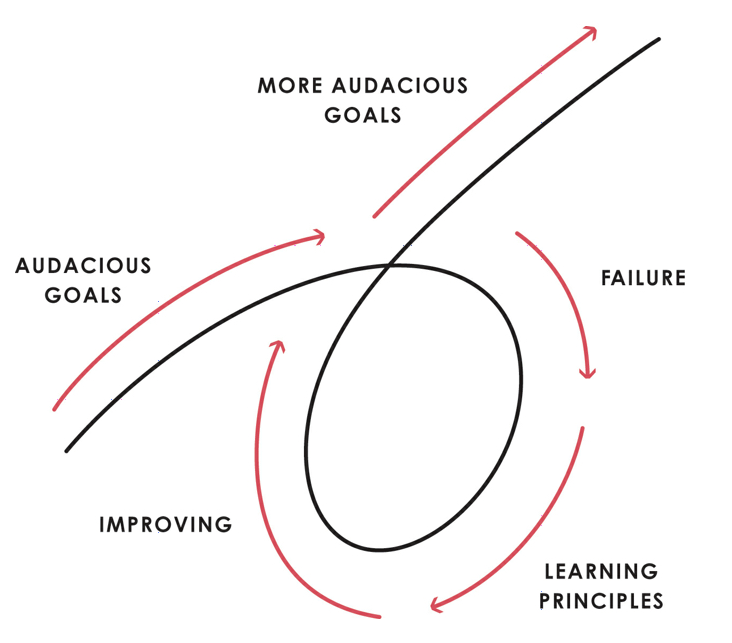
Ray Dalio's Loop
Data Collection in 2020
1- The EVESCAM Follow up in Venezuela.
1200 subjects were followed to assess the research question “How the Venezuelan Humanitarian Crisis is Impacting the Cardiometabolic and Mental Health of Venezuelans?”
Thanks to the tenacity of Eunice Ugel and Maritza Duran and a lot of collaborators this highly valuable data was collected in all the regions of Venezuela. It is something inspiring how this team led this data collection in the middle of extreme adversities. Really, all my admiration.
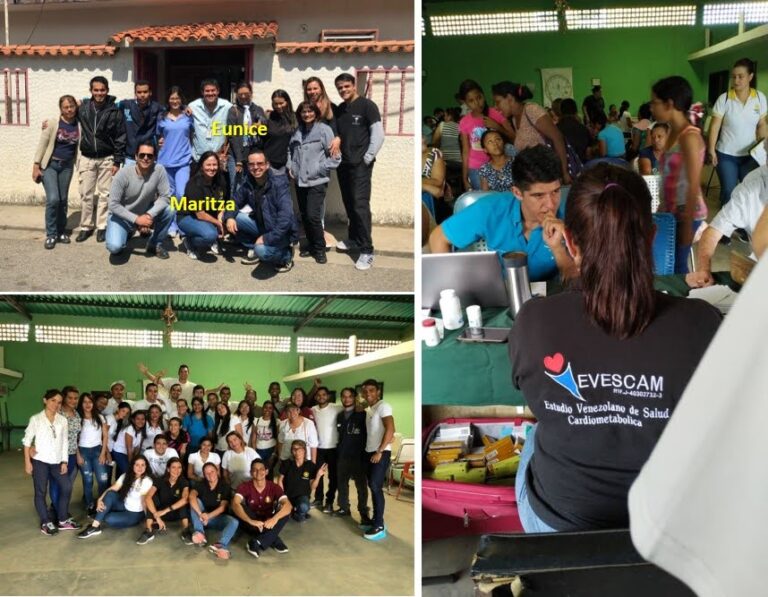
2- The Kardiovize Follow up in Brno, Czechia:
With all the challenges that the pandemic imposes, the Kardiovize team continued along the year with data collection of the participants assessed seven years ago. This is the first follow up evaluation of cardiometabolic and mental risk factors in a population-based study of Czechia. I must thank for this perseverance all the team members dedicated to the data collection and coordination activities, Jana Jarešová, Anna Pospíšilová, Šárka Kunzová, Mária Skladaná, Anna Polcrova, Jana Hrušková, Juraj Jakubík, Iuliia Pavlovska, Alena Zajíčková, and Hana Pernicová. A wonderful team of good people.
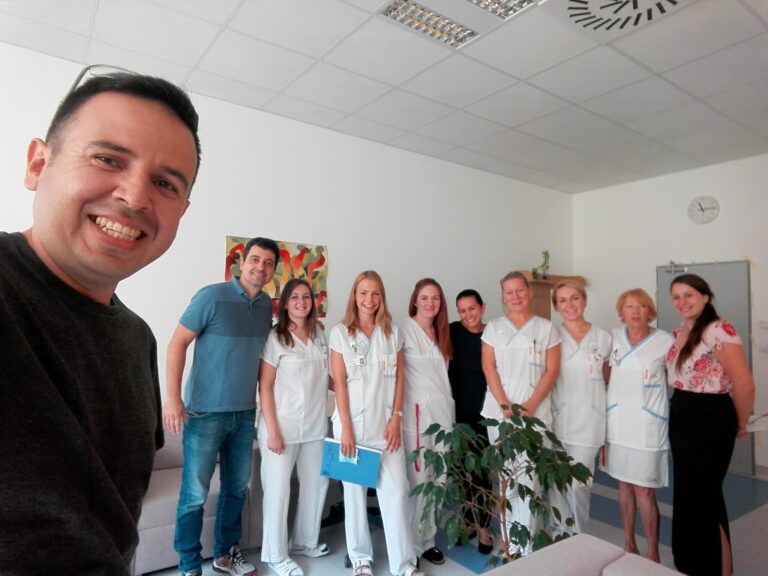
This team, led by Sebastian Novotný and Gorazd Stokin, also collected a survey during the first quarantine in Czechia assessing how this environment was impacting the mental health of the population. This paper was accepted in Frontiers.
3- The HITS Diabetes with Prevention Study in Venezuela, sponsored by the Lown Program of Harvard School of Public Health, started the screening of participants on Nov 11, 2020.
The pandemic delayed the initiation of the study for nine months. Now, implementing all the biosecurity measures the team started the recruitment of the participants. My admiration for this team that is executing these activities in the middle of an extremely adverse environment and providing medical support to an underserved population. Thanks to Gladiz Rivas, Maria Infante, Nora Carnevalli, Rebeca Figueroa, Maria Davila, Guillermo Terán, Pedro Quijada, Ana Rivero, and the new members that are becoming part of this wonderful team. Thank you Gladiz for your extreme work ethic. With the results of this project, next year, we will be able to understand which is the most effective strategy to prevent type 2 diabetes in primary health care centers of Venezuela.
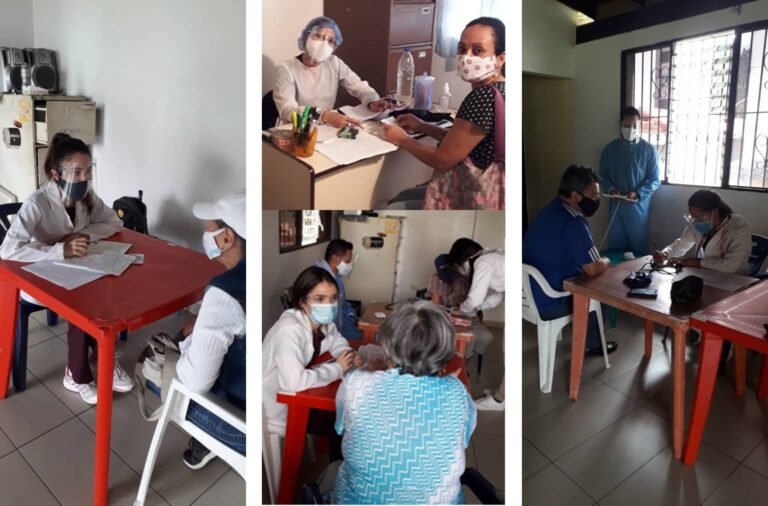
METRICS started in Jun 2020
METRICS is a consortium of international researchers to address cardiometabolic risk on a global platform through the acquisition of data from source and target ethnocultural populations and transculturalization and innovation of evidence-based recommendations for target ethnocultural populations, to improve individual and population-based health.
METRICS members cover a broad international spectrum, Jeffrey I. Mechanick (Chair) (NY, US); Ramfis Nieto (Vice-Chair) (Venezuela & Memphis, US); Juan Pablo Gonzalez Rivas (Secretary-Treasurer) (Venezuela & Brno, Czechia); Megan Clyne (US); Masih A. Babagoli (US); Reshmi Srinath (US); Carlos Claudio Grekin (Chile); Eunice Ugel (Venezuela); Maria M. Infante-Garcia (Venezuela & Brno, Czechia); Maritza Torres (Ecuador); Rocio Iglesias (Venezuela & Spain); Diana de Oliveiros (Venezuela), Fatemeh Dehghani (Iran), Anna Zimovjanova (Czechia), Eduardo Thadeu de Oliveira Correia (Brazil), Leticia Mara Dos Santos Barbetta (Brazil), Simon Mora (Venezuela & US); Jose Medina Inojosa (Venezuela & US); Anna Polcrova (Czechia); Iuliia Pavlovska (Ukraine & Czechia); Geraldo Neto (Brazil & Czechia)
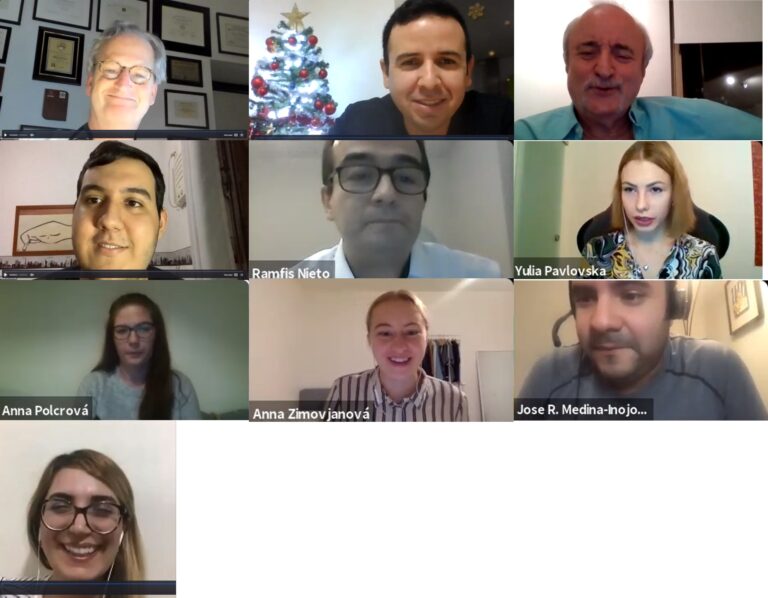
Our monthly meetings allow us to share knowledge, to provide and receive mentoring, and strengthen international collaboration, all focused on cardiometabolic research. Contact me if you want to be part and contribute.
The Adaptation of the Drug and Dose Algorithm to treat Hypertension in Venezuela was done in August of 2020.
The Venezuelan Hypertension Project has the ambition to improve the cascade of care of hypertension in the country, increasing the rate of treatment from 50% to 70% and the rate of control from 30% to 50%, by 2030. To reach this goal, we started with the involvement of key stakeholders including Dr. Ramfis Nieto, Dr. Eunice Ugel, Dr. Maritza Duran, and Dr. Maria Marulanda who led the three largest cardiometabolic surveys in Venezuela, VEMSOLS 2006-2010; EVESCAM 2014-2017; EVESCAM Follow-up 2019-2020. Dr. Carlos Ponte and Dr. Jose Torres, Past and Current Presidents of the Venezuelan Society of Cardiology; Dr. Jesus Lopez, current President of the Latin American Society of Hypertension; Dr. Juan Amaro, current President of the Venezuelan Society of Hypertension; Dr. Jose Parejo, Past President of the Venezuelan Society of Internal Medicine. Dr. Jeffrey I. Mechanick, Icahn School of Medicine at Mount Sinai, NY, USA; Dr. Hector Ojeda-Casares, Non-communicable Diseases and Mental Health Advisor at PAHO Venezuela; Dr. Khalili Davood, The Shahid Beheshti University of Medical Sciences, Tehran, Iran; Dr. Andrew Moran, Director, Global Hypertension Control Program, Resolve to Save Lives, NY, US; Dr. Meg Farrel, Senior Program Officer, Resolve to Save Lives, NY, US; Dr. Marco Serrano, Director to the Hypertension Department of Internal Medicine, University Hospital of the Andes, Venezuela; Dr. Pedro Quijada and Prof. Guillermo Teran-Angel, University of the Andes, Merida, Venezuela
Venezuelan Algorithm
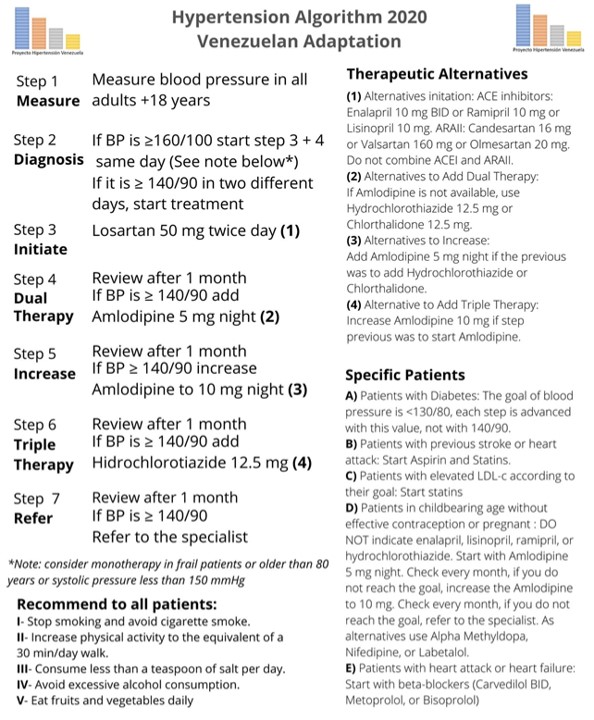
The algorithm was adapted by Venezuelan experts and is in the stage of endorsement. The next stages are dissemination, training of health care personnel, and assess the impact.
The Kardiovize Conference Day was celebrated in Oct 2020.
A virtual conference day with ten speakers from four continents who shared their experiences and challenges tackling the cardiometabolic and mental risk factors was celebrated in October. In 2021, the link to each lecture will be available on our Kardiovize ICRC-FNUSA webpage.
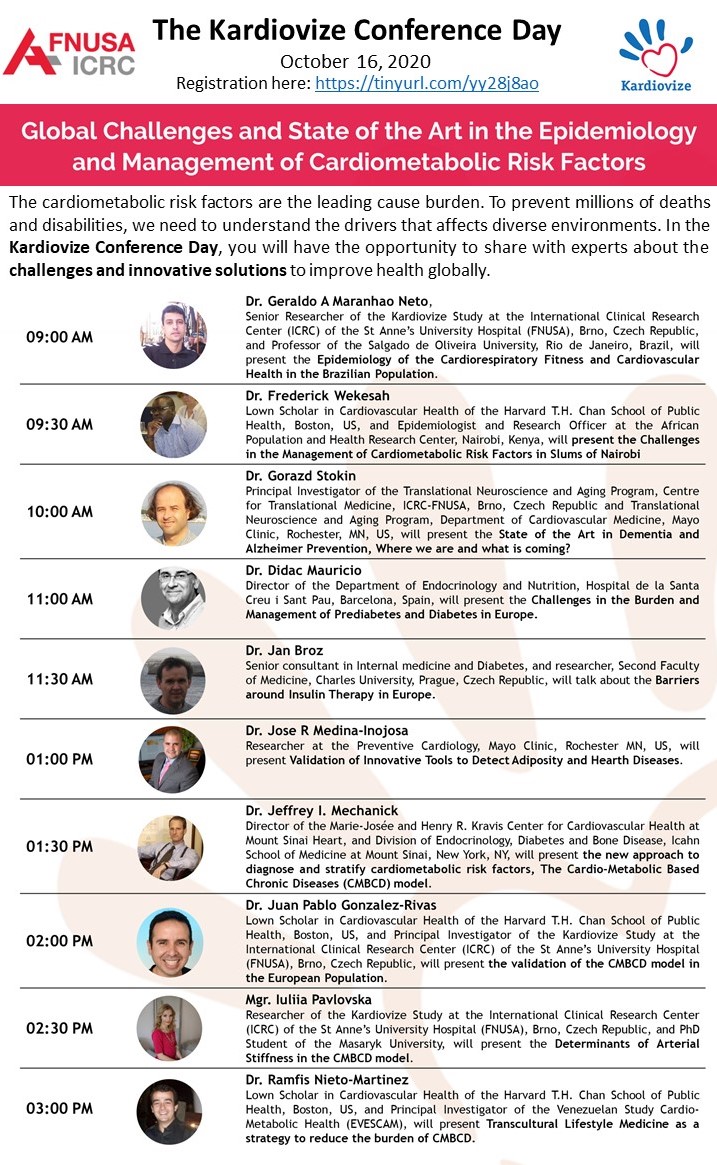
The Website of PRODI was launched in Dec 2020.
PRODI has the mission to educate and help the millions of persons with cardiometabolic risk factors in Latin America that do not have the opportunity of receiving evidence-based lifestyle intervention programs to reduce adiposity, prevent, create remission, and help to control patients with type 2 diabetes. Know more here.
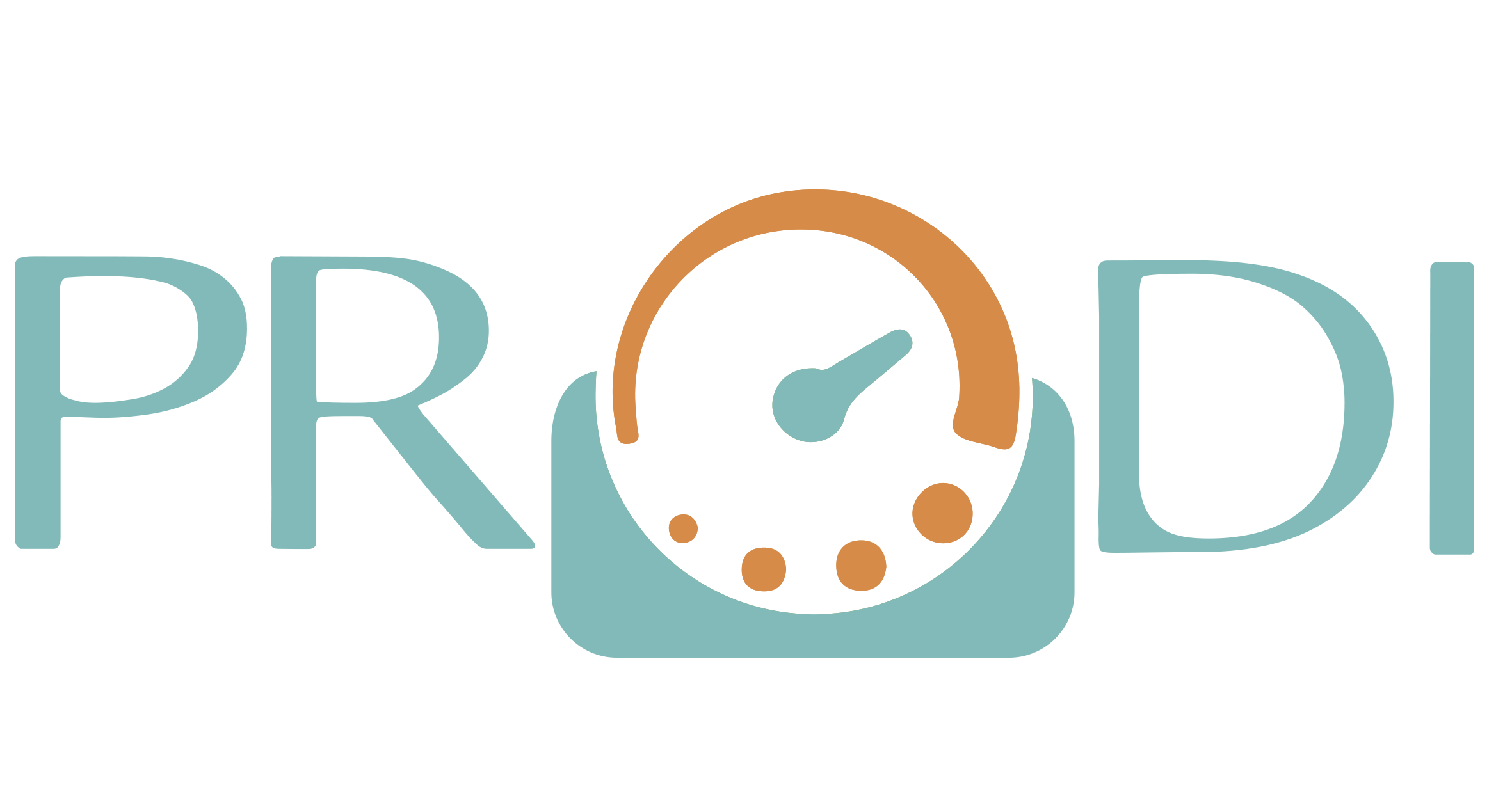
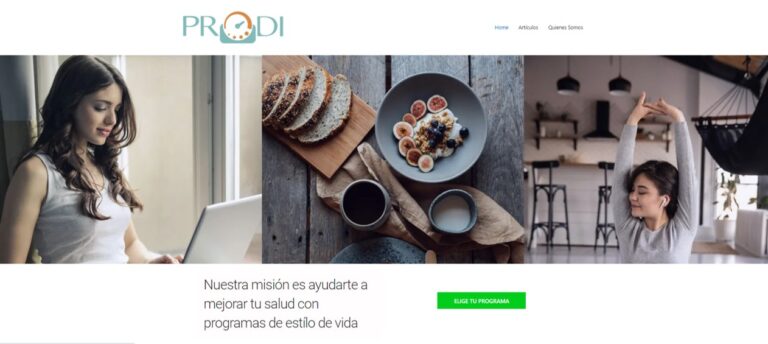
Among all the members that are becoming PRODI website possible, including Ramfis Nieto, Maria Infante, Gladiz Rivas, Rebeca Figueroa, Samuel Castillo, and Juan Pablo Gomez, I want to give a special thank to Danis Sandoval that with his genius and unconditional support has made this dream possible.
For 2021
We plan to provide continuity to our projects, and we are going to move forward with the following ideas:
In Brno, Czechia:
The following figure summarizes our five years plan with the Kardiovize Team.
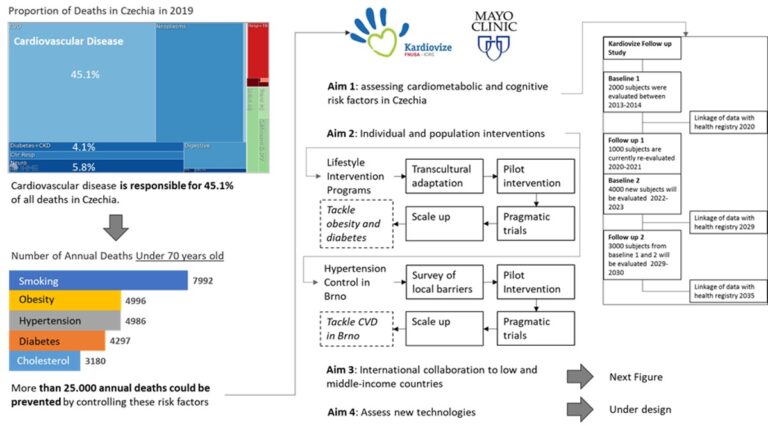
Additional to the follow-up data. We already completed the translation of the Diabetes Prevention Program to the Czech language; this will follow the transcultural adaptation of the content with special emphasis addressing health literacy and health inequalities aspects, these two aspects will be led by Anna Polcrova in collaboration with the Masaryk University. In parallel, Iuliia Pavlovska is leading the adaptation of the transcultural diabetes algorithm to the Czech population. We expect to have these documents ready in the first trimester of 2021. For the second trimester, we plan to implement the pilot intervention, and in 2022 the evaluation of its effectiveness in a pragmatic trial. Our vision is that in 2025 culturally adapted and evidence-based lifestyle intervention programs will be available in diverse health centers of Brno.
Another strong area of focus will be to increase the rate of hypertension control in Brno. Our current research question is “why in Czechia, with a health care system that is working properly, with all the population under an insurance model, and accessibility to low-cost antihypertensive medication, there is not a better control of hypertension of the population?” We plan to do a survey to understand the local barriers and to implement population-based strategies to increase hypertension control.
With the incorporation of Geraldo Neto, our new Senior Researcher to the Kardiovize Team, we plan to incorporate the analysis of the cardiorespiratory fitness of the population and we have to vision to provide Brno a Fitness Lab focused on cardiometabolic risk factors. Under the leadership of Šárka Kunzová and Mária Skladaná we are going to establish strategies to reduce tobacco consumption in young population, with special emphasis on the new types of Tobacco use, that the youngest has proven to be more vulnerable. In parallel, Anna Zimovjanova is going to evaluate the impact of social determinants on the mental health of medical students of Brno, and Sebastian Novotný and Gorazd Stokin will continue leading the production of cognitive innovative papers.
The Second Kardiovize Conference Day will be celebrated in October of 2021.
We hope for the normalization of the pandemic. Since now, all are invited to this wonderful city to share state-of-the-art knowledge.
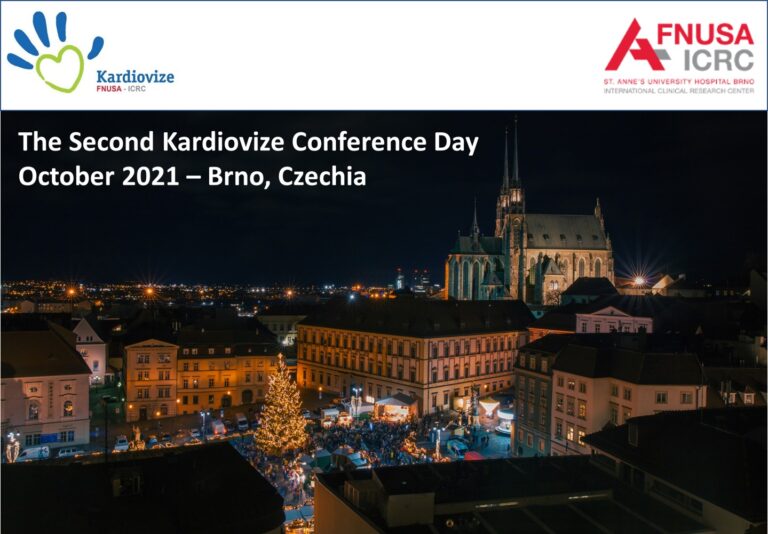
In Venezuela:
Additional to the HITS Diabetes with prevention program, we plan to positively impact the hypertension control of underserved areas testing if the social business models are a feasible and sustainable solution to provide high-quality health care. Our idea is summarized in the following Figure.
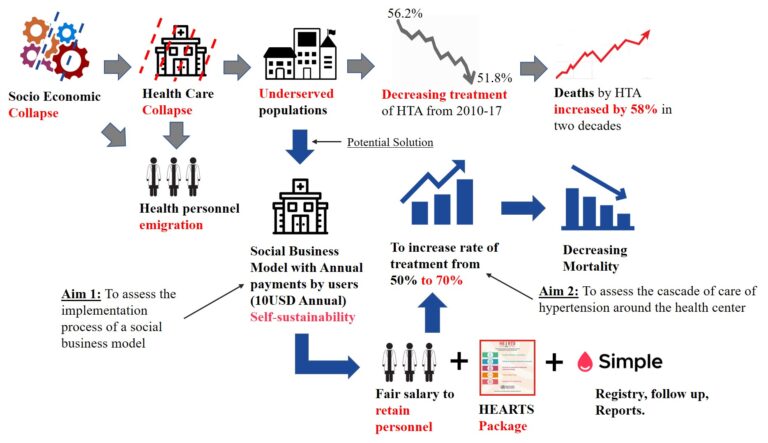
We are extremely excited by the mission that drives Resolve to Save Lives to save 100 million lives. Next year we hope to implement a proactive search, registry, and management of subjects with hypertension using mobile technology and facilitate their control using the algorithm adapted to Venezuela.
To Continue strengthening the international research network:
2021 will be the year of more globalization of our work incorporating the collaboration from diverse regions.
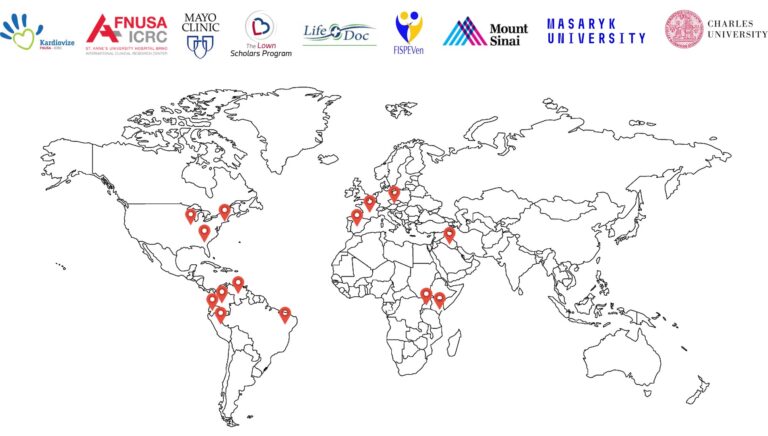
Thanks to all my mentors of 2020:
Jeffrey Mechanick, Ramfis Nieto, Gorazd Stokin, Danaei Goodarz, Lindsay Jaacks, José Medina, Francisco Lopez, Jaime Miranda, and Pavel Ivanyi; who directly or indirectly give me their advice and support during the most challenging times.
And finally
I want to express my admiration for my real-life personal superheroes of 2020, María María, María Laura, Ana Sofía, and Valeria, that during this year of transition to Czechia, learning two languages at the same time, attending classes, working, doing homework in Czech, far from those that they love, in more than a year they only work hard without a single complain, «cero«, despite all the changes and challenges. For them, all my love and admiration.
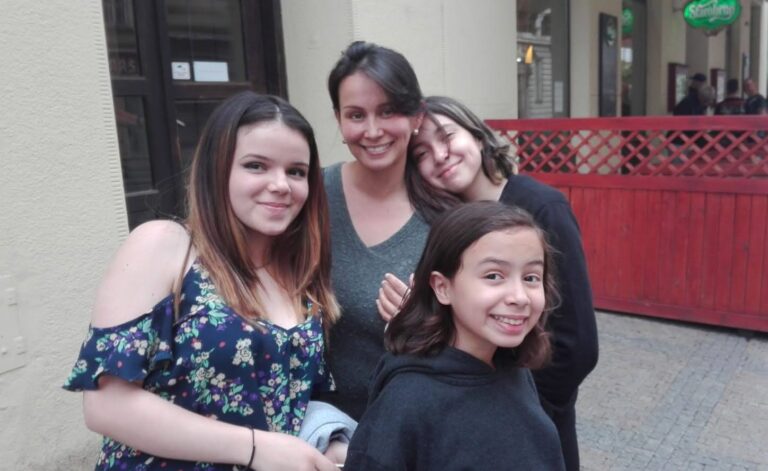
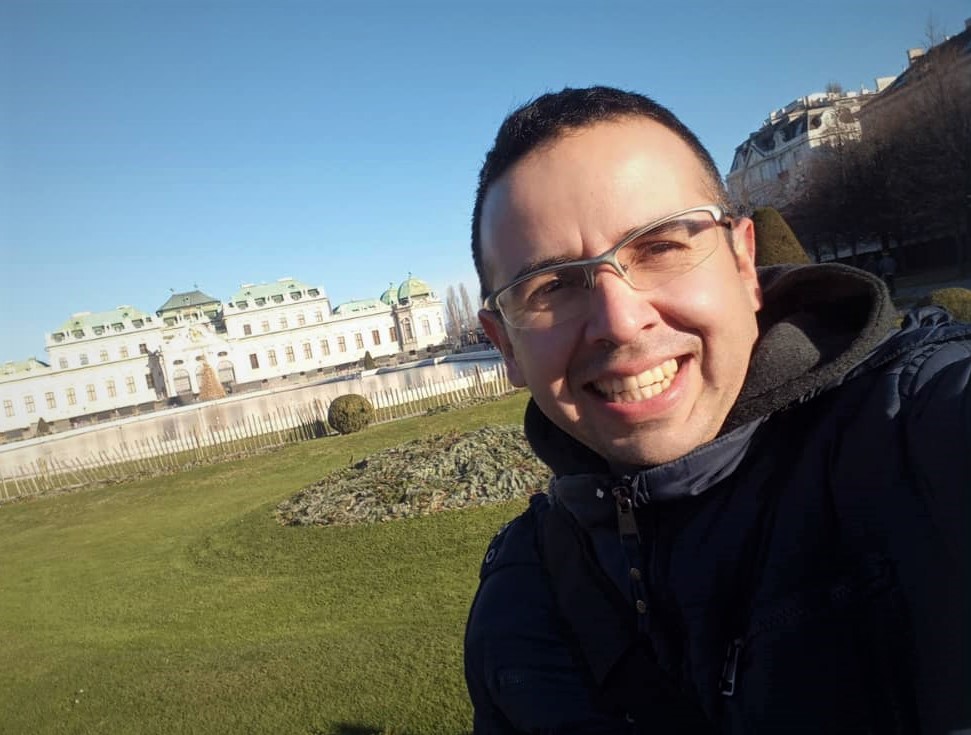
Juan Pablo González Rivas
Emails:
Juan.gonzalez@fnusa.cz
Juanpgonzalezr@hotmail.com
To read the previous annual letters access here
